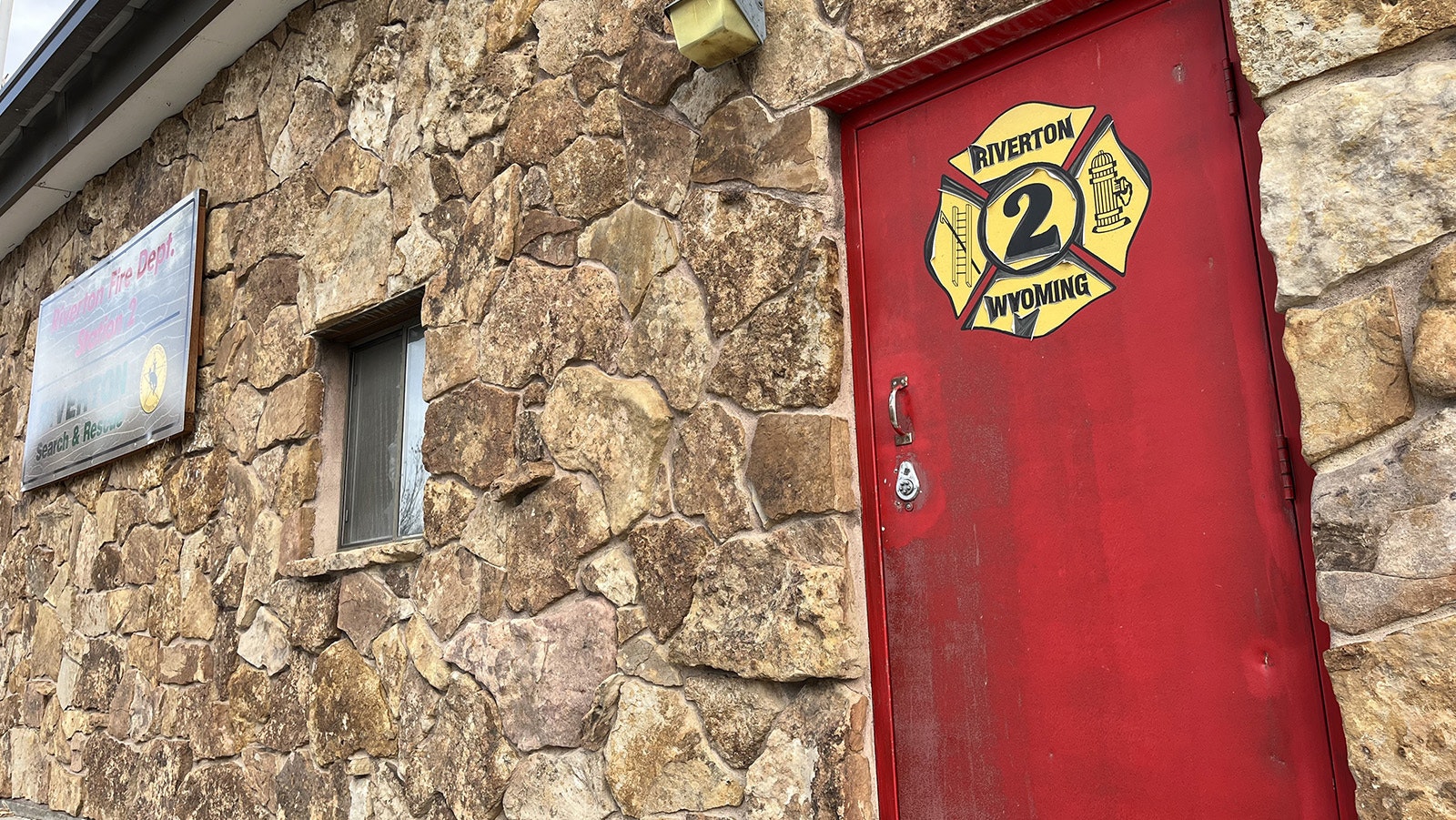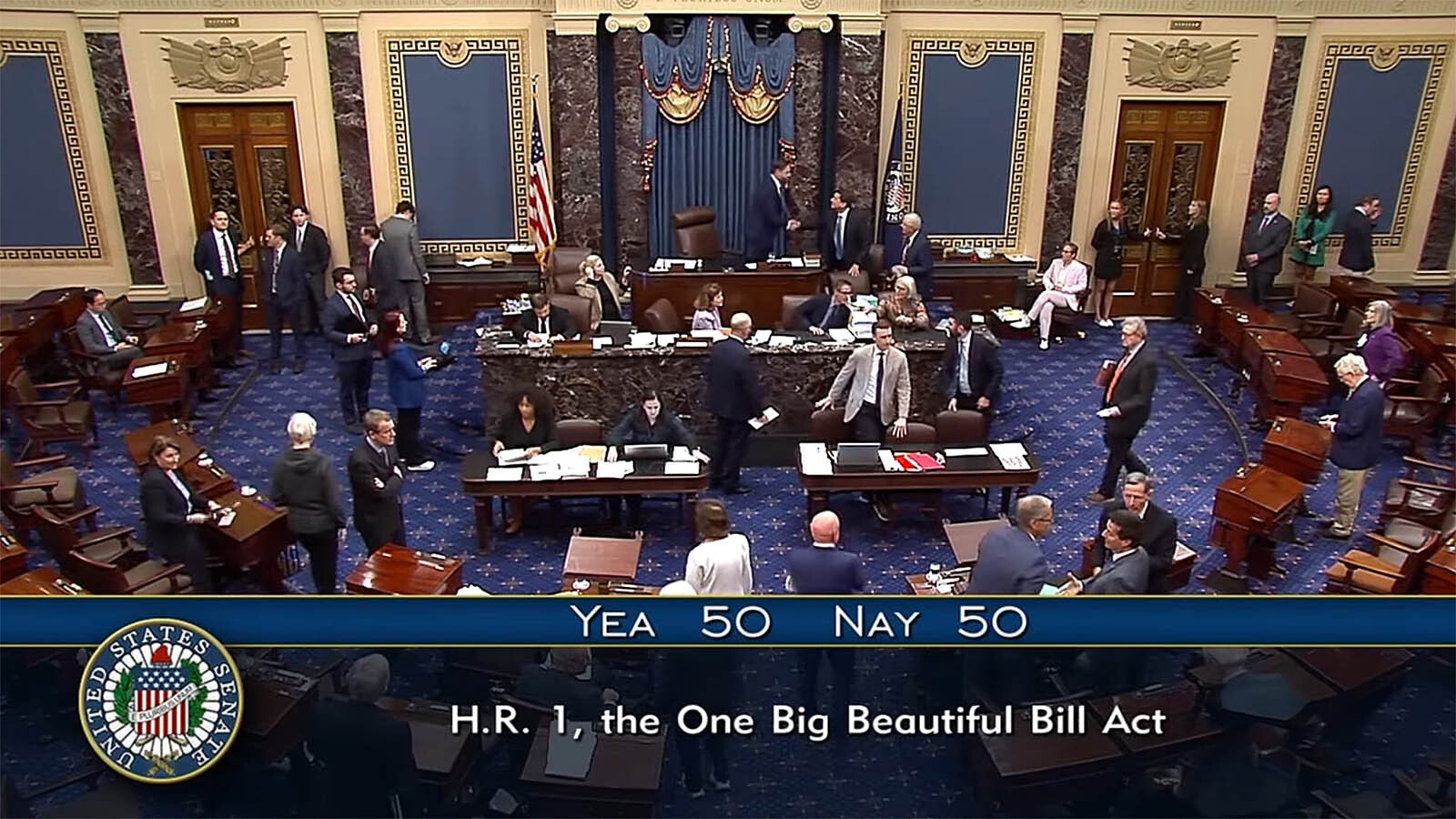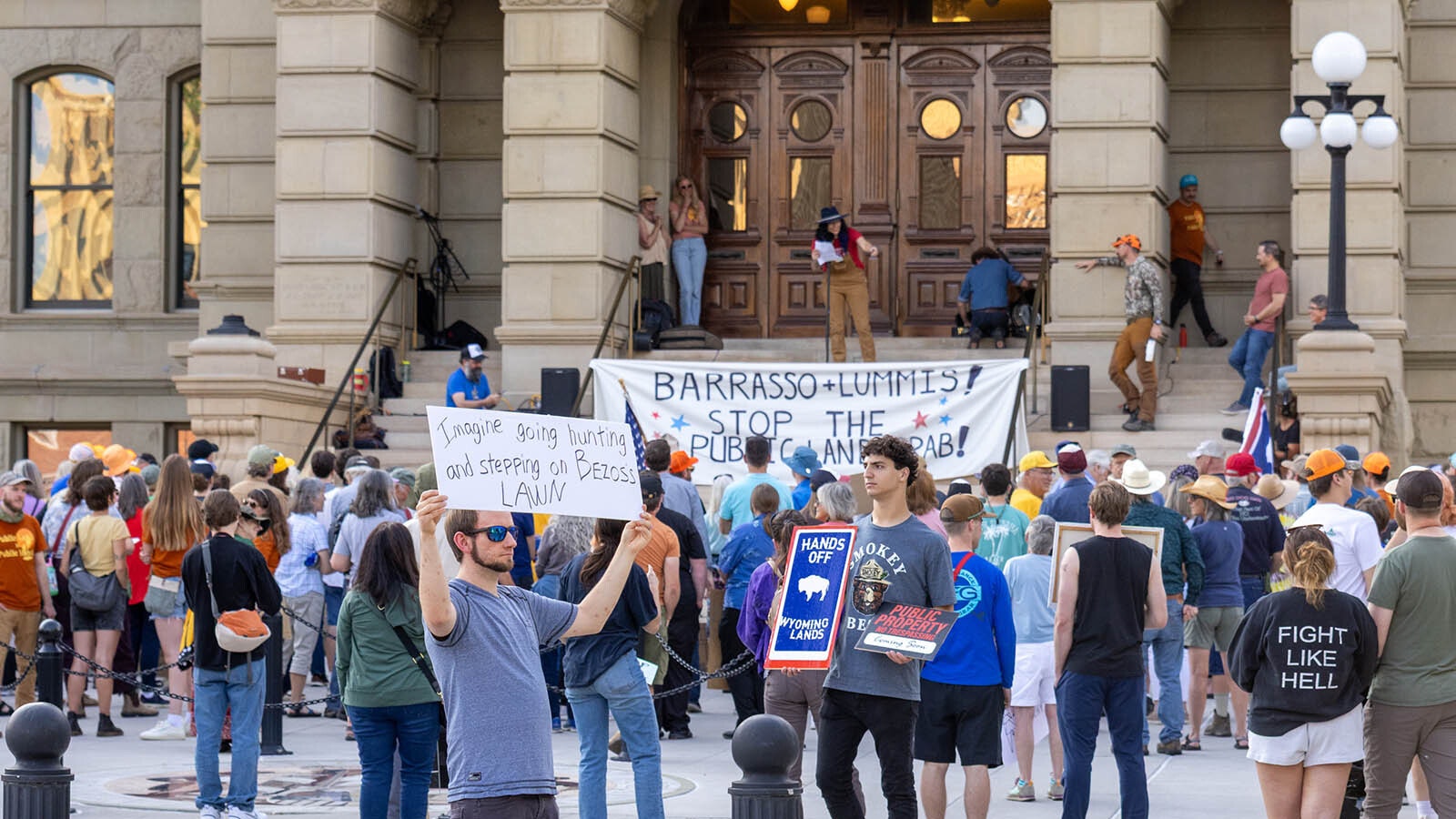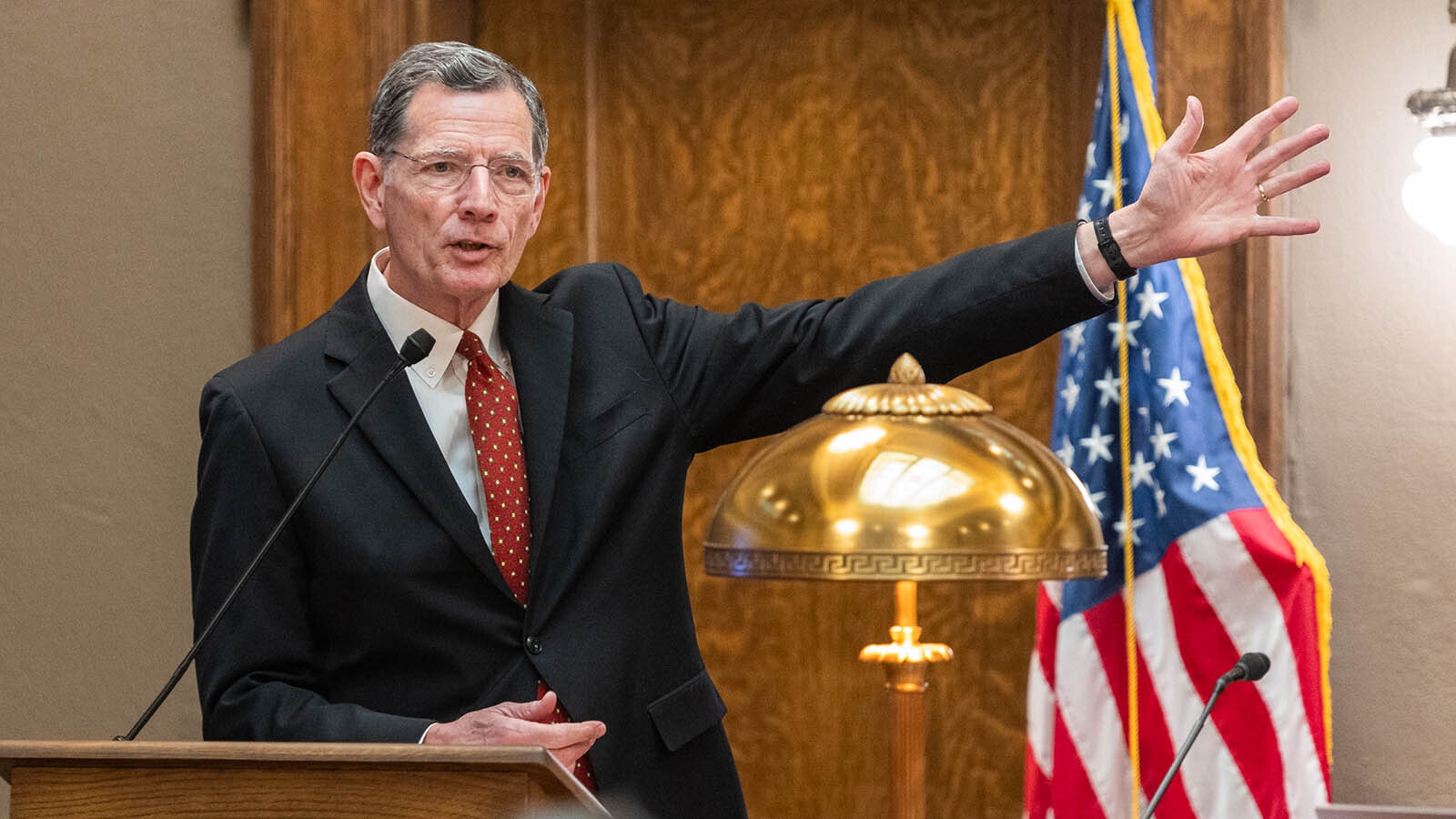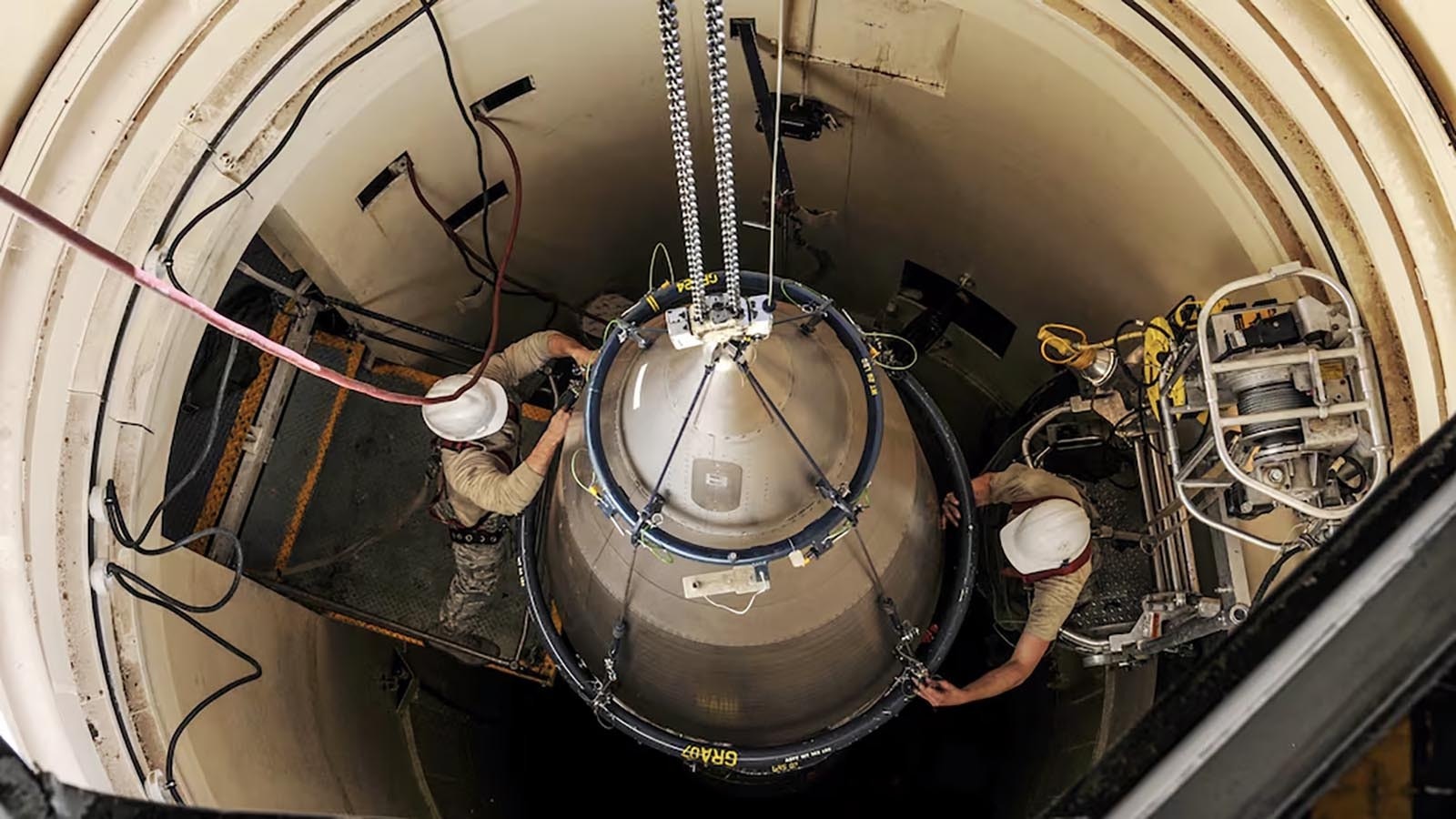Wyoming lawmakers are contemplating whether public agencies that take in abandoned babies should be required to find out if those babies are American Indian.
The proposed law change is an effort by the state’s Indian Child Welfare Act Task Force to enhance the requirements of a federal act designed to keep American Indian children in American Indian foster, adoptive and guardian homes.
Wyoming’s Safe Haven act allows a parent or someone else sent by the parent to drop off babies younger than 2 weeks old at “Safe Havens,” if the parent doesn’t want the newborn. Safe Havens include fire stations, hospitals, police departments and sheriff’s offices, or other places the Department of Family Services (DFS) chooses to designate.
The legislative Indian Child Welfare Act Task Force advanced a bill Monday that, if passed into law, would order public servants at safe havens to ask whoever is dropping a baby off if that baby is American Indian.
It’s part of a larger statutory mandate called the Indian Child Welfare Act, which orders DFS and the courts to work with American Indian tribes to get children of tribal descent who are in protective custody into tribal foster or guardian families. ICWA considers non-native foster and guardian families a last resort for American Indian children in protective custody.
What Happens If They Don’t Answer?
An early draft of the ICWA Task Force bill would require the person dropping off a newborn to be asked if the newborn is American Indian, but the drop-off person wouldn’t have to answer the question.
Tribal delegates on the task force bristled at the latter part guaranteeing an explicit right of the drop-off person not to answer the question about the child’s racial background.
“We have an issue with that sentence right there,” said Karen Returns To War, who is the co-chairwoman of the Northern Arapaho Business Council. “It really goes back to … what the Indian Child Welfare Act solved in the first place.”
The Indian Child Welfare Act was codified federally to stop the federal government from taking American Indian children from their homes, sending them to boarding schools or trying otherwise to forcibly assimilate them into non-native culture.
Ultimately, the committee removed that provision for the drop-off question. But the Task Force didn’t add any penalty if a person refuses to answer the question.
Safe havens still would accept the baby if the person doesn’t answer the question, the law language indicates.
Task Force Chairman Rep. Lloyd Larsen, R-Lander, voted in favor of deleting the provision along with everyone else on the committee. But he first asked if doing so would erode the mission of the Safe Haven Act, which is to give people some anonymity and protection for dropping their unwanted babies in safe places.
“If you read the old language, the Safe Haven provider may not require that (personal and medical) information be given,” said Larsen, referring to the act as it is currently written. He said the bill’s original, permissive language tried to “maintain what we do with the Safe Haven law, which is to make that as unintrusive as possible.”
Firemen Though
Another task force member, Vernalyn Bearing, director of the Eastern Shoshone Department of Family Services, lamented that it might be less convenient for people at fire stations to ask questions about a baby’s heritage.
“Our main concern is to be able to identify and make sure we’re not losing any children in that gap,” said Bearing. “That’s our main concern — is identification, and being able to approach and be able to make that identification.”
The task force didn’t change the law to account for that concern.
And Judges
Clare Johnson, legal counsel for the Northern Arapaho Tribe, said some state judges are putting up resistance to an ICWA mandate that courts consider tribal placement resolutions for children, when the tribe has placement preferences that are different from the hierarchy of placement preferences outlined in ICWA.
Larsen noted that in ICWA cases, the tribe becomes part of the court case and has the opportunity to make the judge aware of its resolutions.
“We always try, the Northern Arapaho Tribe (does), to give the judge a copy of our tribal resolution,” said Johnson. “We sometimes run into some resistance, unfortunately, when it comes to that.”
Elisa Butler, the state court administrator for the Wyoming Judicial Branch, said that her conversations with judges indicate that judges are taking ICWA’s requirements into account, though judges less familiar with ICWA cases could be reminded of them.
Larsen told the two women to discuss, outside the meeting, how judges are resisting the tribe’s resolutions and whether that issue can be handled via communication rather than through law changes.
The legislative Select Committee on Tribal Relations is scheduled to consider the ICWA Task Force’s proposed bill next week.
Clair McFarland can be reached at clair@cowboystatedaily.com.

